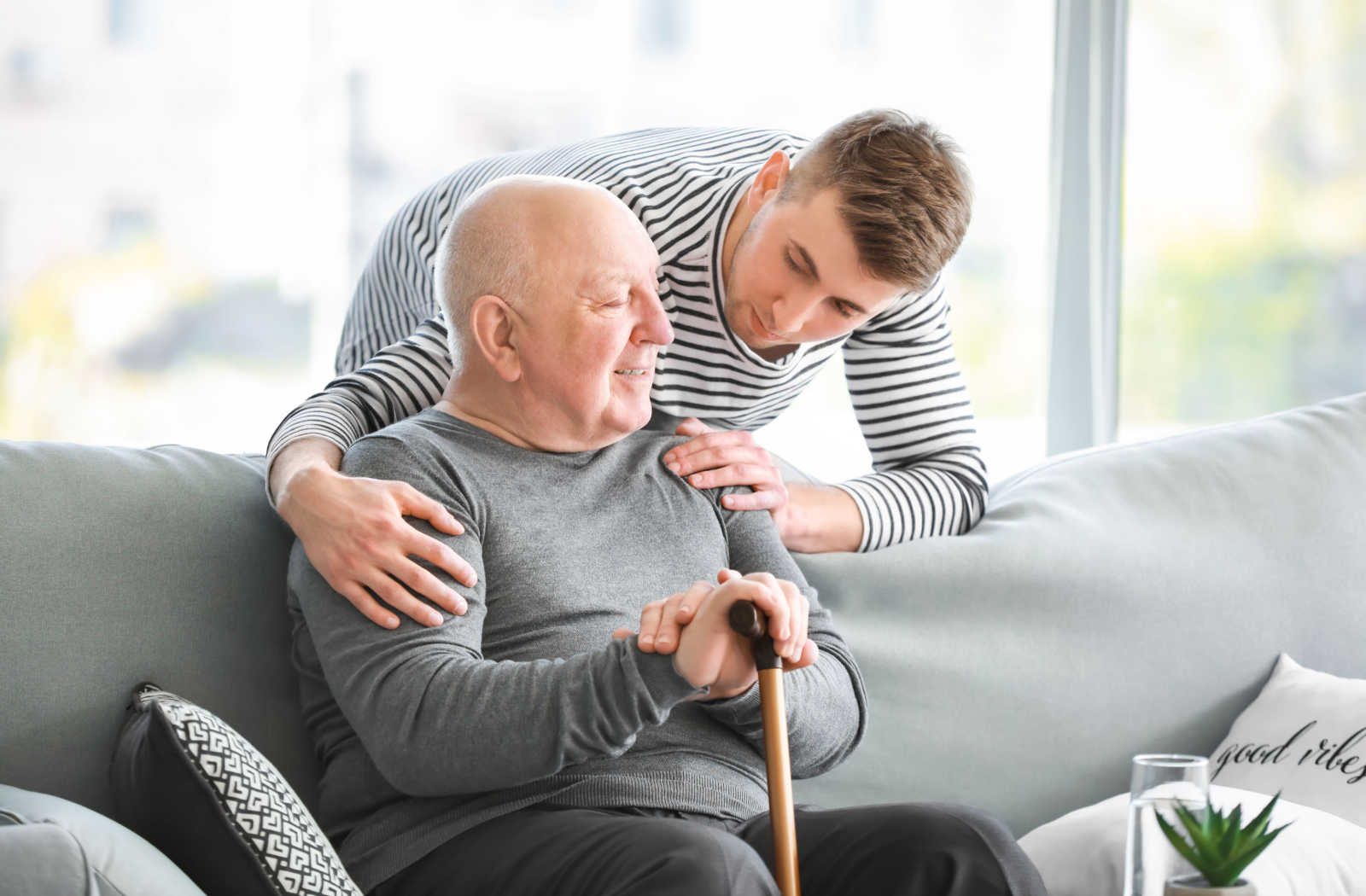Being a caregiver to a family member can be fulfilling, but there’s a lot of pressure, and caregiver burnout is always possible. When all the responsibilities of supporting an older loved one fall on one person’s shoulders, it can cause emotional, psychological, and physical stress and exhaustion.
Caregivers tend to put themselves last, but they need care too. Providing care can quickly take over every aspect of your life, but when you recognize the signs of burnout and are realistic about the kind of care you can offer your loved one, everyone is happier.
Signs of Caregiver Burnout
Being a caregiver is a labor of love but shifting your focus wholly to another person means you may leave yourself behind. When you ignore your needs, you can begin to feel caregiver burnout. Some indicators of caregiver burnout include:
- Withdrawing from family and friends
- Feeling anxious or depressed
- Being irritable or cranky
- Feeling a lack of energy
- Losing interest in the things you love
- Neglecting your health
- Changes in appetite, weight, or sleep patterns
- Getting sick more often
- Feeling a lack of control over your own life
The signs of caregiver burnout can range from physical, to psychological, to behavioral. As the population ages, family members become primary caregivers. Roughly 1 in 3 adults in the United States are caregivers to a loved one. When caregivers directly support a loved one, several factors can trigger burnout.

What Are Common Causes of Caregiver Burnout?
Whether your role is to prepare meals, give medications, maintain medical equipment, or run errands, caregivers have a lot to do. The demands on a caregiver can quickly lead to fatigue, anxiety, and burnout.
Isolation
When you’re consumed by the needs of someone who needs continuous care, it can feel isolating. If you’re tied to your home, it’s hard to make time to see people, go out for a meal, exercise, or release some stress.
Shift in Roles
If you’re caring for a parent or grandparent, the reversal of roles can be disorienting. Your parent took care of you for years, and now the parenting role feels like yours. It can be an extremely vulnerable position for your loved one and take its toll on you.
Financial Strain
Being a caregiver, especially full-time, can cause financial pressure. If your loved one needs medications, specialized equipment, and safety measures in the home, the costs can add up. When your parent needs care unexpectedly, sometimes the bills fall on you to pay. When you have other financial commitments, the financial strain can cause stress and anxiety.
Demands for Constant Care
When you’re carrying the responsibilities alone, it can feel exhausting and frustrating. If you live with the loved one you care for and they require around-the-clock care, you’re always “on duty,” cutting into any time to recharge.
Lack of Privacy
Not only can caregiving isolate you from others, but it can isolate you from yourself. Many people thrive on some solitude but being a constant caregiver leaves little time for privacy.
How to Prevent Caregiver Burnout
Caregiving isn’t easy, but recognizing the signs of burnout can help you identify it before it overwhelms you. When you feel like you’re struggling to keep your head above water, there are things you can do to stay healthy, take care of yourself, and prevent burnout:
- Ask for help. It’s challenging to be vulnerable, but if you have siblings, a partner, or friends that can help, it can ease the burden you feel.
- Talk to a professional, such as a social worker or therapist, if you need coping strategies or support for yourself and your loved one.
- If your loved one has a disease like Parkinson’s or Alzheimer’s, be realistic about how long independent caregiving is possible and when to move to assisted living.
- Take care of yourself, eat healthy, exercise, and get enough sleep.
- Maintain a social life. Have coffee meetups, revive your hobbies, and connect with others to avoid isolation.
- Consider professional care. If you need an extended break, respite care lets a professional caregiver take over, so you can have a vacation, rest, and prioritize yourself.
Consider Assisted Living
When being a caretaker isn’t an option, or your family member requires more care, All American Assisted Living at Hanson is a senior living community to support your loved one’s changing needs. Contact us to schedule a visit and discover the services that can benefit your loved one.



